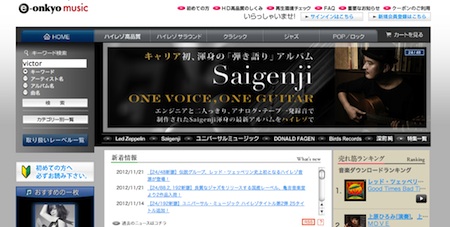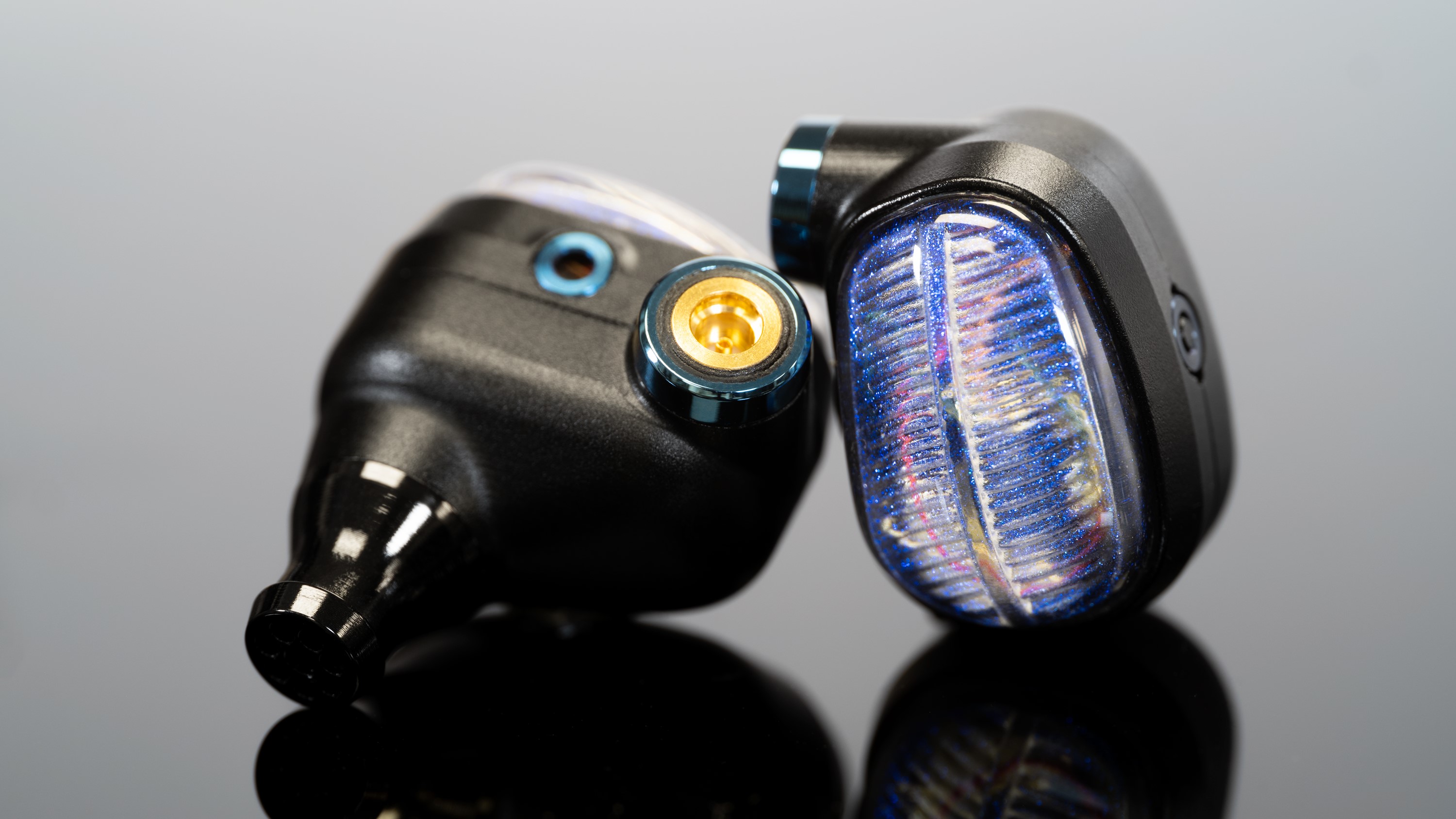Victor's plan to turn CDs into high resolution threatens the entire HD music industry

Interesting – or rather worrying – news out of Japan that Victor Entertainment, the music division of JVC has developed a way to convert CD-quality recordings so they can be sold as HD music.
The report, from Japan's Nikkei business news service says, with a straight face, that 'Victor Entertainment Inc. has developed technology that makes it possible to improve the quality of song recordings used for conventional CDs so they can be sold as high-resolution audio'.
It adds that 'Because the [HD] technology is still rare, the company aims to offer the conversion service to music software companies looking to boost their song catalogues for the high-resolution audio market.'
The technology aims to tackle the limitations of CD, and most notably the filtering of anything much above 20kHz due to the 44.1kHz sampling used for CD. The new technology 'restores such sounds cut out at the recording stage by employing proprietary algorithms. This process improves the quality of CD recordings to a level comparable to that of special recordings for high-resolution audio.'
True, 20kHz is beyond the limits of the hearing of almost all listeners – let's not include the family pets! – but there's plenty to suggest that harmonics up in this high-frequency area can affect the way we hear what's going on in the more conventional audible band.
Of course, this isn't the first time technology has been employed to put back – or rather guesstimate and recreate – what's been lost in the CD recording process: systems such as Pioneer's Legato Link, Wadia's Spline Filtering conversion and several others have claimed to restore some of the ambience and presence of the original performance, either by letting through more information at the conversion stage or generating new data, in fact new samples, based on what's already on the CD.
Meanwhile JVC's own K2 and K2HD mastering, and the company's XRCD 'extended resolution CD' system, have endeavoured to get more information onto the CD, while other technologies mainly for the Japanese market, such as Blu-spec CD (using a Blu-ray specification cutting machine to make better CD masters) and SHM-CD (Super High Material CD, using a higher-quality polycarbonate to make the disc), have been employed to the same end.
Get the What Hi-Fi? Newsletter
The latest hi-fi, home cinema and tech news, reviews, buying advice and deals, direct to your inbox.

It's JVC's K2 HD mastering that's at the core of the new announcement: it's been used to upsample a range of 'selected' recordings from the 16-bit/44.1kHz of CD to 24-bit/96kHz, 24-bit/192kHz or 1-bit/2.8MHz DSD – as used for SACD – and an initial 18 titles will be available in Japan via the e-Onkyo store (above) from December 12th.
And they say that like it's a good thing...
Surely in a market where some are already suspicious of the provenance of some 'high-definition' recordings, and some releases have already been revealed to be no more than upsamples of standard CD-quality fare, surely the daftest thing to do is start releasing content that's blatantly a bodge up from the CD, made to sound better by a spot of nifty processing?
However good it sounds, it's going to be a fake – and that can only play into the hands of those who'll have you believe all HD audio is a rip-off, and no more than a means by which music companies can squeeze the last few quid from the hands of gullible audiophiles.
It's right up there with 'Colorizing' Casablanca or old Laurel and Hardy shorts, or taking clasic movies and retrofitting them with 3D. Heresy, in other words.
It also undermines the work of those labels and sites delivering genuine high-resolution content, which is where HD music delivery should be concentrating its efforts – making new hi-res recordings, seeking out and delivering master-tape quality from more recent content, or going back to the original analogue tapes of earlier recordings, restoring them and making them available digitised in high resolution.
Upsampling existing recordings just to feed what is seen as the hunger of Japanese audiophiles for more HD content looks to me like a pretty cynical move. Even worse, it threatens to undermine the hi-res music concept, and bring the entire house of cards tumbling down before it has a chance to establish itself as a viable business model.
And that would be as sad for those labels delivering genuine HD as it will be for those with players able to deliver this high-resolution content to superb effect.
Written by Andrew Everard
Andrew has written about audio and video products for the past 20+ years, and been a consumer journalist for more than 30 years, starting his career on camera magazines. Andrew has contributed to titles including What Hi-Fi?, Gramophone, Jazzwise and Hi-Fi Critic, Hi-Fi News & Record Review and Hi-Fi Choice. I’ve also written for a number of non-specialist and overseas magazines.
